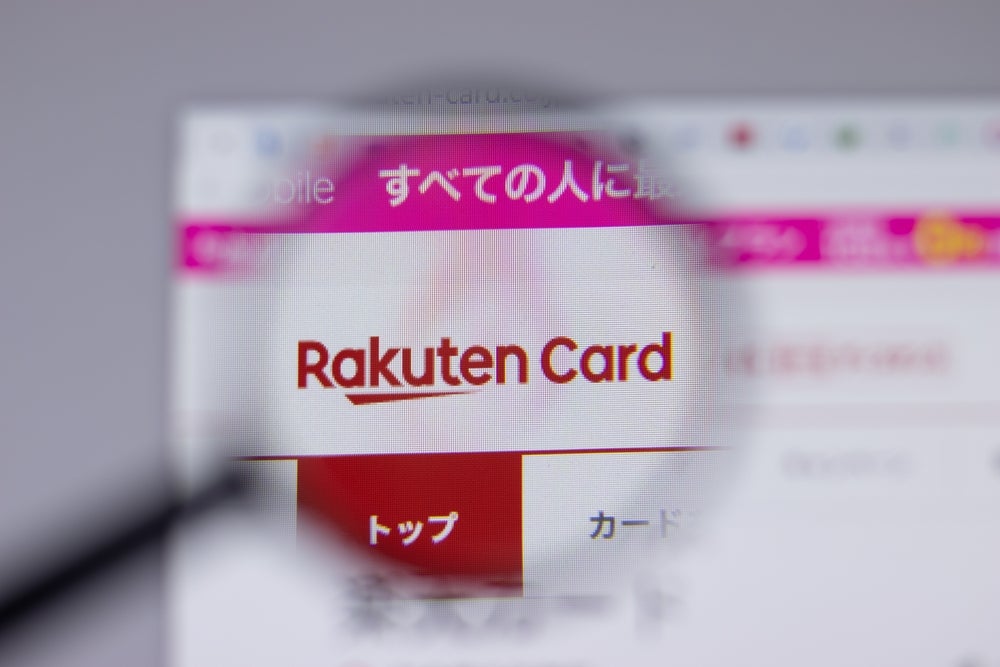As the argument continues over the validity of
interchange fees, a blow has been struck by the European Central
Bank as it rules banks in the European Union will have to abandon
direct debit interchange fees by 2012. What are the implications
for card interchange? John Hillreports.
The European Commission (EC) and European Central Bank (ECB) have
issued a joint statement pronouncing that interchange fees on
direct debit transactions are to be outlawed by 2012, and many in
the payments industry are now questioning what the implications may
be for interchange fees on payment cards.
Many card issuing banks will continue to use
the multilateral interchange fee (MIF) for the remainder of the
interim period while they await the result of cases involving both
MasterCard and Visa.
MasterCard is challenging an initial ruling
made in 2007 which declared the fees to be against anti-trust laws,
while close rival Visa has been thwarted in its attempt to renew
its EU anti-trust exemption (which expired in 2007) to continue
using MIF, albeit in a slightly altered format (see Uneasy
truce shattered as EC levels anti-trust charge against Visa
Europe).
MIF has come under fire in recent years for a
variety of reasons, not least that it has a possibility of
derailing Europe’s Single Euro Payments Area (SEPA) project, which
aims to make it simple and cheap for consumers anywhere in the
27-nation bloc to authorise direct debits, credit transfers or use
payment cards all from a single bank account.
SEPA is currently being pushed forward
strongly by the ECB, which sees interchange fees as a major
obstacle.
How well do you really know your competitors?
Access the most comprehensive Company Profiles on the market, powered by GlobalData. Save hours of research. Gain competitive edge.

Thank you!
Your download email will arrive shortly
Not ready to buy yet? Download a free sample
We are confident about the unique quality of our Company Profiles. However, we want you to make the most beneficial decision for your business, so we offer a free sample that you can download by submitting the below form
By GlobalDataECB executive board member Gertrude
Tumpel-Gugerell said: “The launch of SEPA direct debit is vital for
the success of SEPA. We acknowledge that, after having provided
clarity on the applicability of multilateral interchange fees
during an interim period, this further clarifying position of the
Commission now provides a clear scenario also for the long
term.”
Direct debit crucial to SEPA
success
SEPA is due to replace a large
variety of national payment systems sometime around 2012. The
purpose of SEPA will be to encourage growth and broaden the range
of goods and services available across the eurozone.
Although currently direct debit is rarely used
cross-border due to its costs, meaning the ruling will have little
immediate effect, it will be a crucial aspect of SEPA when it is
finally implemented fully.
Both the EC and ECB are looking to encourage
the European Payments Council to launch the SEPA direct debit
scheme on 1 November 2009.
Banks in the EU will be allowed to continue
using the interchange fee on direct debit transactions until
November 2012, even though it breaks EU anti-trust rules.
A joint statement by the ECB and the EC says:
“In particular, the Commission makes clear that a general per
transaction multilateral interchange fee for direct debit
transactions does not seem justified for efficiency reasons and,
therefore, does not appear compatible with EU anti-trust
rules.”
Despite the apparent finality of their
statement the EC and ECB do go on to discuss the possibility of
alternative income sources after 2012.
“A MIF for error transactions could be
envisaged as it may create an incentive to avoid such error
transactions and, therefore, encourage the efficient functioning of
the SDD [SEPA direct debit] scheme,” the joint statement
continues.
Regulatory action
The contention started in December
2007 when the EC ruled that MasterCard’s practice of charging
interchange fees on individual cross-border card transactions
breached EU competition laws.
Following the ruling, MasterCard was
told to withdraw the fees within six months or be exposed to heavy
daily fines. As a result, the fees were then temporarily lowered to
zero in June 2008. The EC has since opened similar proceedings
against Visa.
MasterCard has now agreed to work alongside
the EC in an attempt to reach a consensus on the future of
interchange fees. While the EC has declared them illegal,
MasterCard has said the fees are a necessity and benefit everyone
along the payment chain, from the customer to the issuing banks, by
improving services and providing fraud protection.
MasterCard’s agreement with the EC means that
it will reduce its interchange fees starting from 30 June, capping
them at around 30 basis points. The network had until now been at
loggerheads with the EC over the charges, but the 2007 anti-trust
ruling has meant recently it has adopted a ‘softly-softly’ approach
towards the EC, and is keener now to work alongside them instead of
against them to try and come to a compromise over the charges.
MasterCard reaffirms need for
interchange
However, MasterCard still firmly
believes the charges are a vital part of the card payment
process.
MasterCard Europe president Javier Perez says:
“We do not believe this level of interchange is adequate to sustain
strong competition in the European payments industry or to
encourage the investment and innovation that will be required to
provide European consumers and merchants with better payment
products in the future.
“That is why these rates are only interim, and
why we are pursuing our appeal in the European Court of First
Instance of the European Commission’s December 2007 decision. We
believe we have strong arguments that the decision should be
reversed.”
MasterCard is not the only one sceptical about
the recent agreement. EuroCommerce, an association for retail,
wholesale and international trade interests in Europe has weighed
in.
“We are appalled at the failure to abolish the
ad valorem interchange rate,” said Xavier Durieu,
EuroCommerce secretary general.
“At a time when consumers are fighting to keep
their heads above water, this lacklustre compromise sets a very bad
precedent for this tax on payments at national level.
“The implication is that retailers should
apply surcharges, particularly on commercial and more expensive
cards: imagine the discrimination and customer anger this will
cause at the till.
“This therefore is not a solution to the
interchange problem, it is again passing the buck to the
consumer.”







